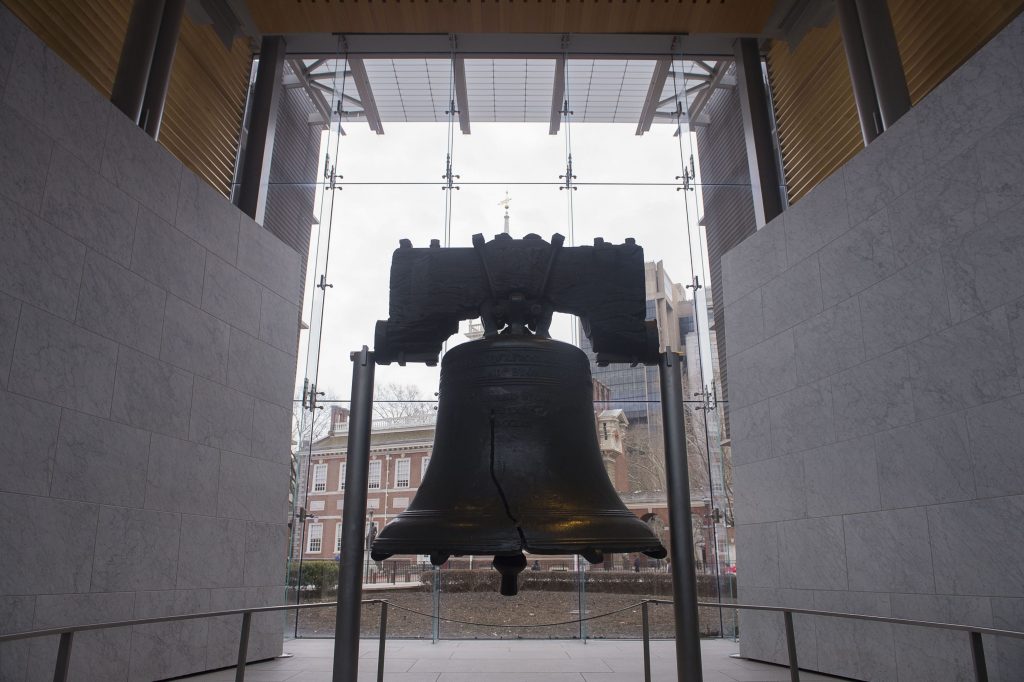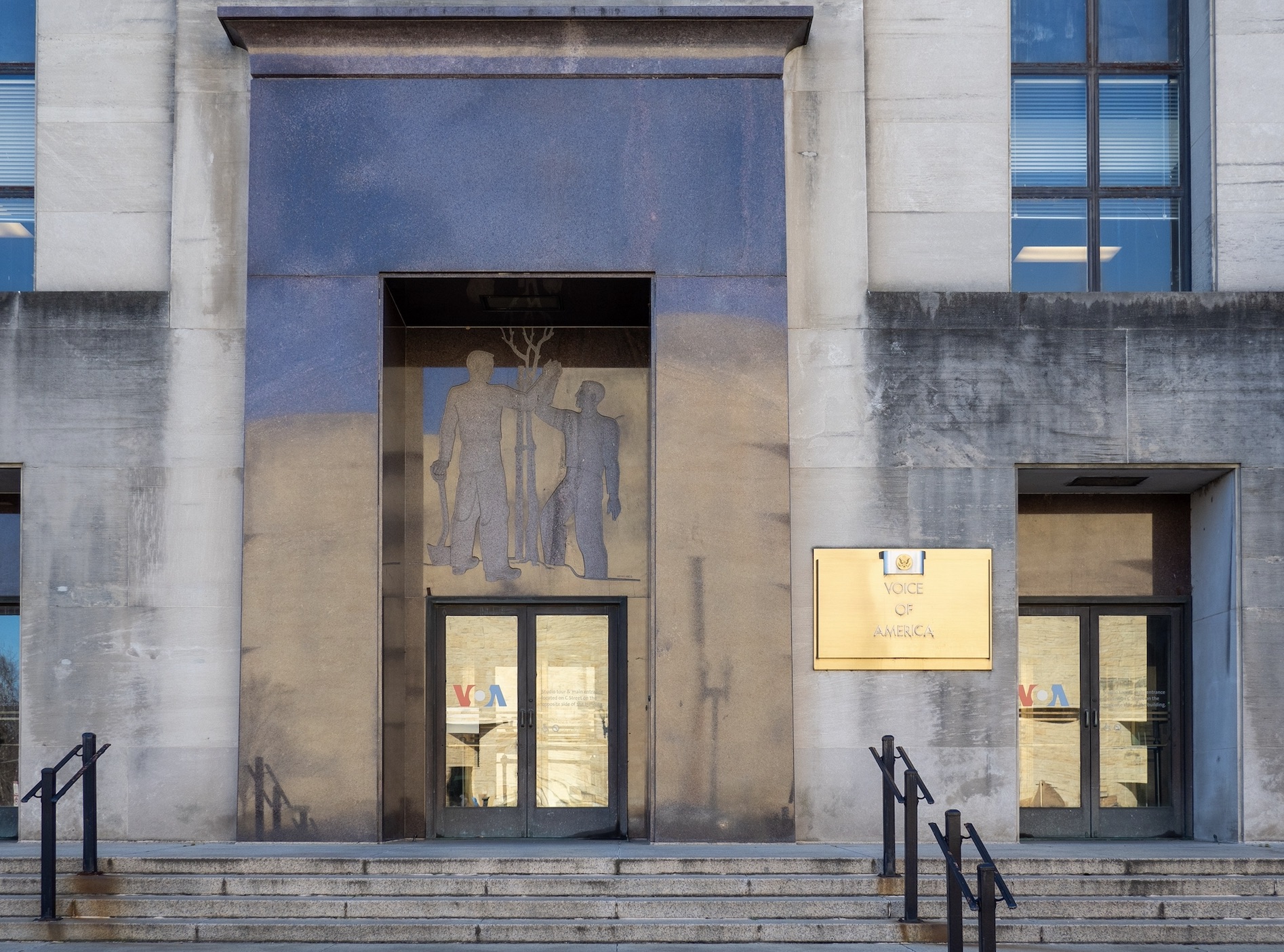By Soraya Ferdman
The Philadelphia Municipal Court may have to change their restrictions around audio-recording in court hearings after a federal judge ruled on February 25th that their current rules violate the First Amendment.
The decision stems from a lawsuit filed in July by the Institute for Constitutional Advocacy at Georgetown University Law Center and the law firm Ballard Spahr on behalf of the Philadelphia Bail Fund, a nonprofit group that regularly issues reports and analyses regarding the working of Philadelphia’s bail system.
Though other courts prohibit audio-recording, the complaint argued that the Philadelphia Municipal Court was unique in that it did not offer their plaintiff any meaningful alternative to accessing court records.
“Taken together, these restrictions stymie public discourse and debate surrounding Philadelphia’s evolving bail process by preventing the press and local advocates from showing the broad public how bail hearings actually work,” the complaint read.
These restrictions have particular consequences in bail hearings where poor defendants, unable to afford bail, can be forced to spend days, weeks, or months in jail awaiting trial.
See previous story: Philadelphia City Officials Sued for Ban on Audio Recording in Bail Hearings
Senior U.S. District Judge Harvey Bartle agreed with the plaintiff, writing, “In the cases which have denied the public the constitutional right to record judicial proceedings, there has been no hint that there would be no official record for public scrutiny.”
While the First Amendment does guarantee the public right to meaningful access of the courtroom, that right is not absolute. Individual courts generally have discretion to establish reasonable restrictions on recording and attendance, so long as the public still has access to comprehensive court records.
This was exactly what was missing from Philadelphia’s Municipal Court: a comprehensive, publicly available record.
Other than letting the public attend the bail hearings and take handwritten notes, the court did not make available a list of defendants, a pretrial report, nor any transcript, audio or otherwise.
Senior Counsel at the Institute for Constitutional Advocacy and Protection, Nicolas Riley told First Amendment Watch the court’s lack of transparency had a huge impact on the judge’s decision.
“Not all forms of documentation are reasonable,” Riley said over the phone, noting that most people could see why an 18-person camera crew might be disruptive. “The problem here was that the court had made it impossible to get down what happened during bail hearings.”
Philadelphia sees on average 30,000 bail hearings a year, or roughly 90 per day. The complaint argued that audio recordings would capture “important elements of the bail process that written summaries could not.” The judge agreed, calling the current rules “insufficient to comprehend the full import of these numerous and rapid hearings.”

The Philadelphia Bail Fund sends volunteers to report on what they observe in the bail hearings. A group of volunteers from 2018, also called “court watchers,” are pictured above.
Malik Neal, a director at the Philadelphia Bail Fund, called the ruling “a critical victory for accountability and transparency in Philadelphia.”
An independent journalist who had also been involved with the suit as one of the plaintiffs later dropped out of the case due to financial constraints, Riley explained. “She’s still very supportive of our efforts.”
Bartle gave the Philadelphia Municipal Court 45 days to publish quality audio-recorded transcripts of municipal bail hearings. If those records aren’t available by the end of that period, any member of the public that wants to record hearings using silent hand-held recorders will be legally allowed to do so.
Tags




